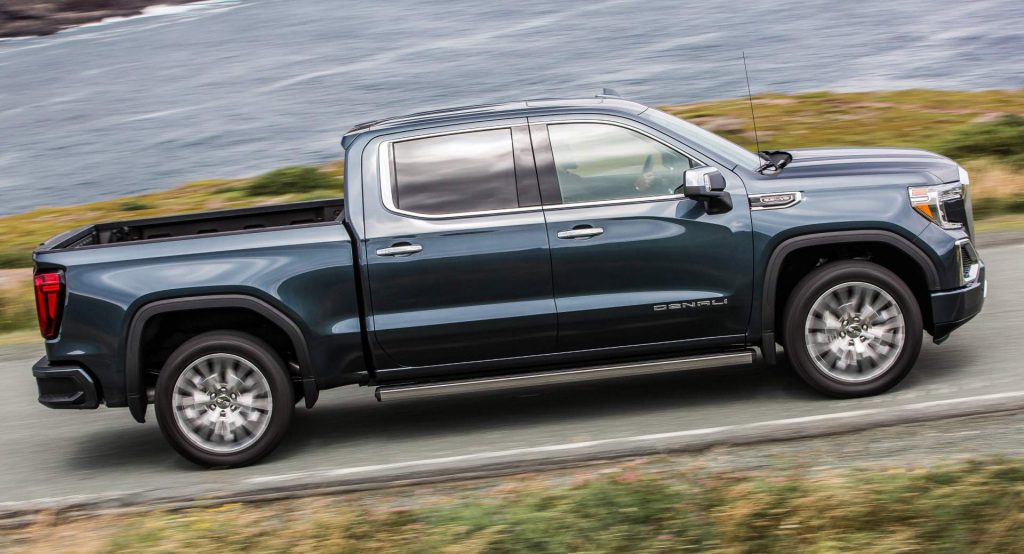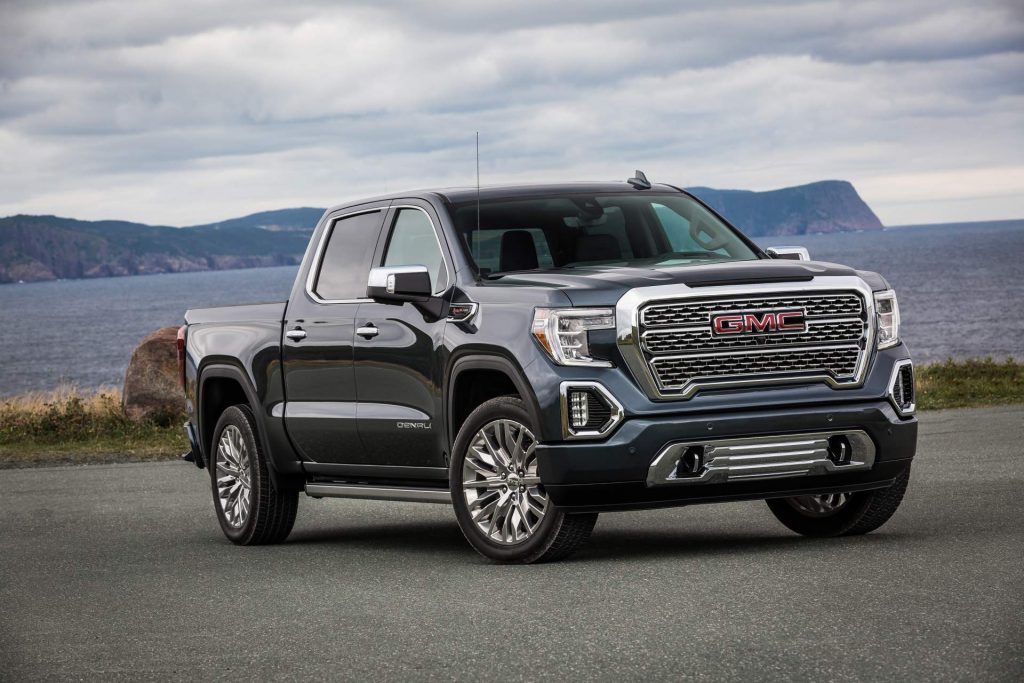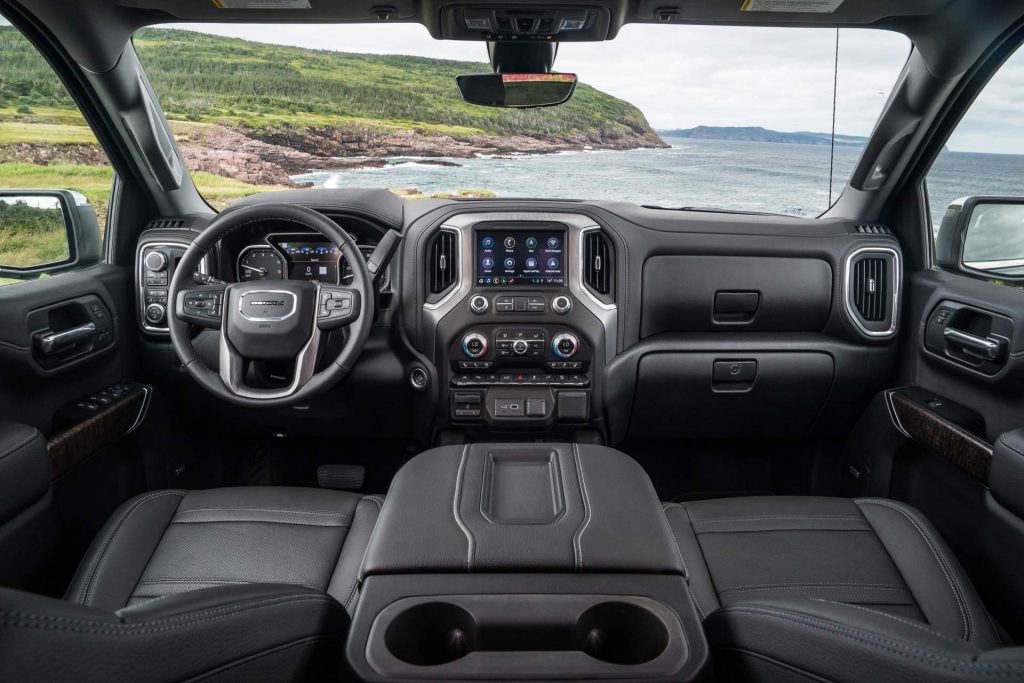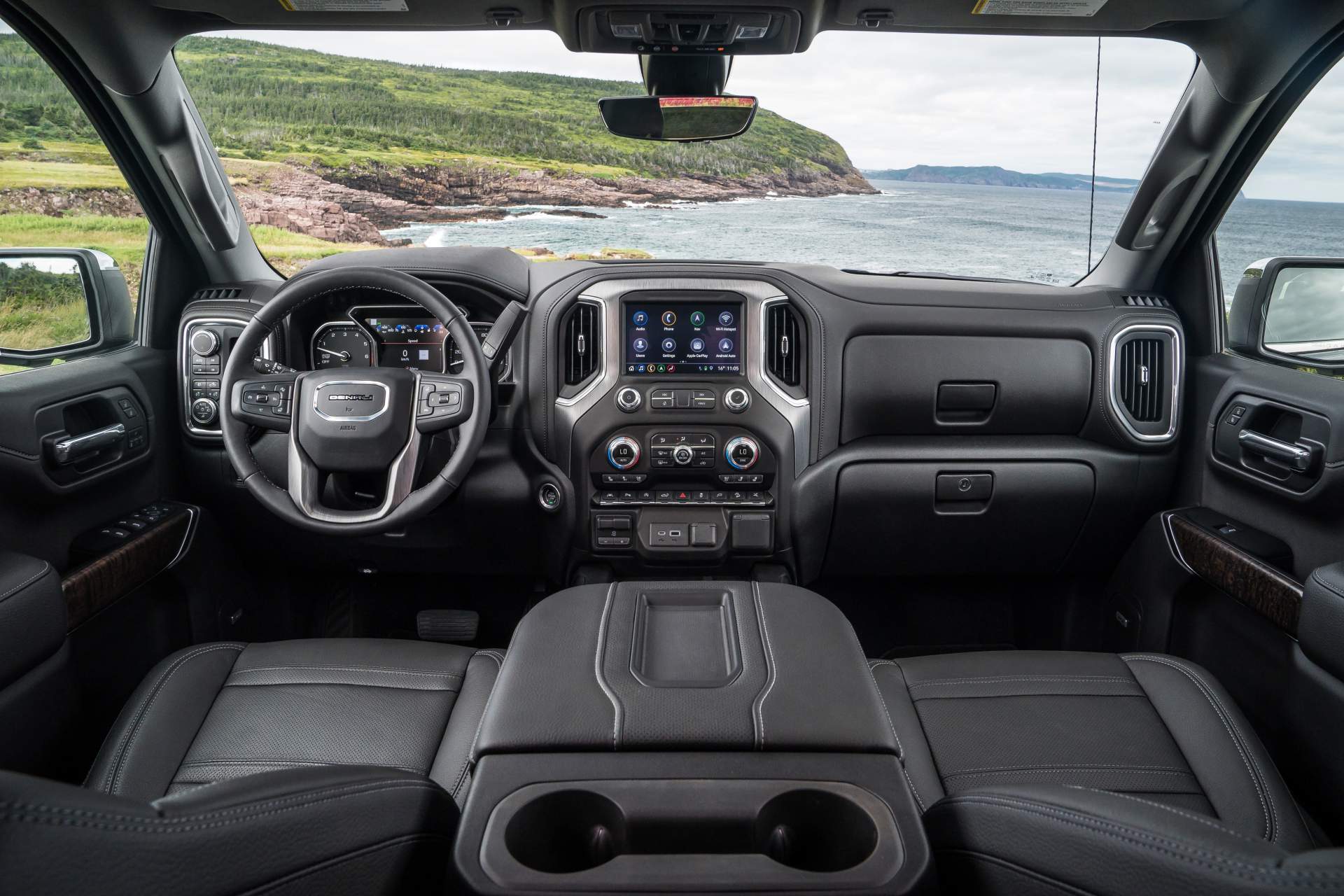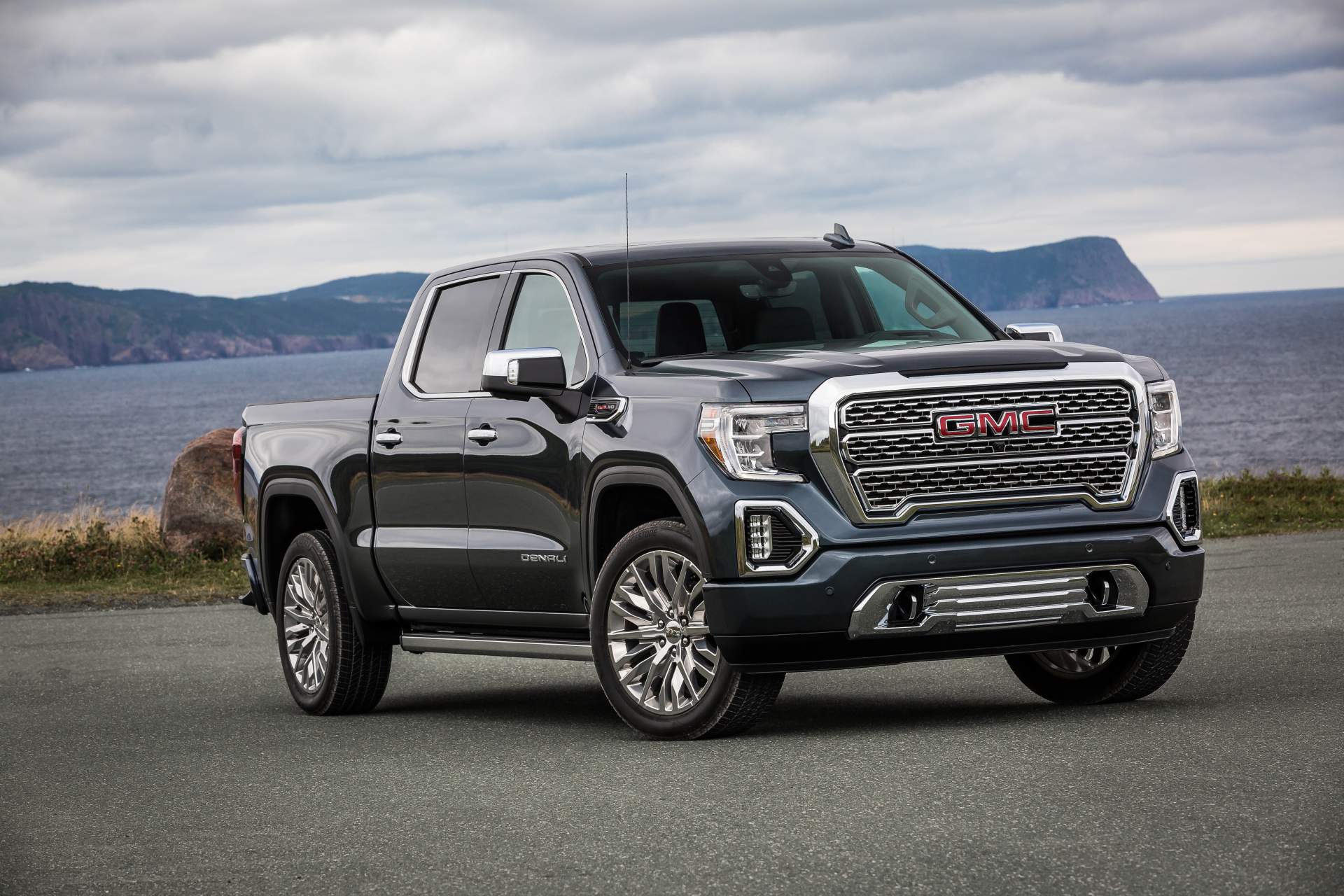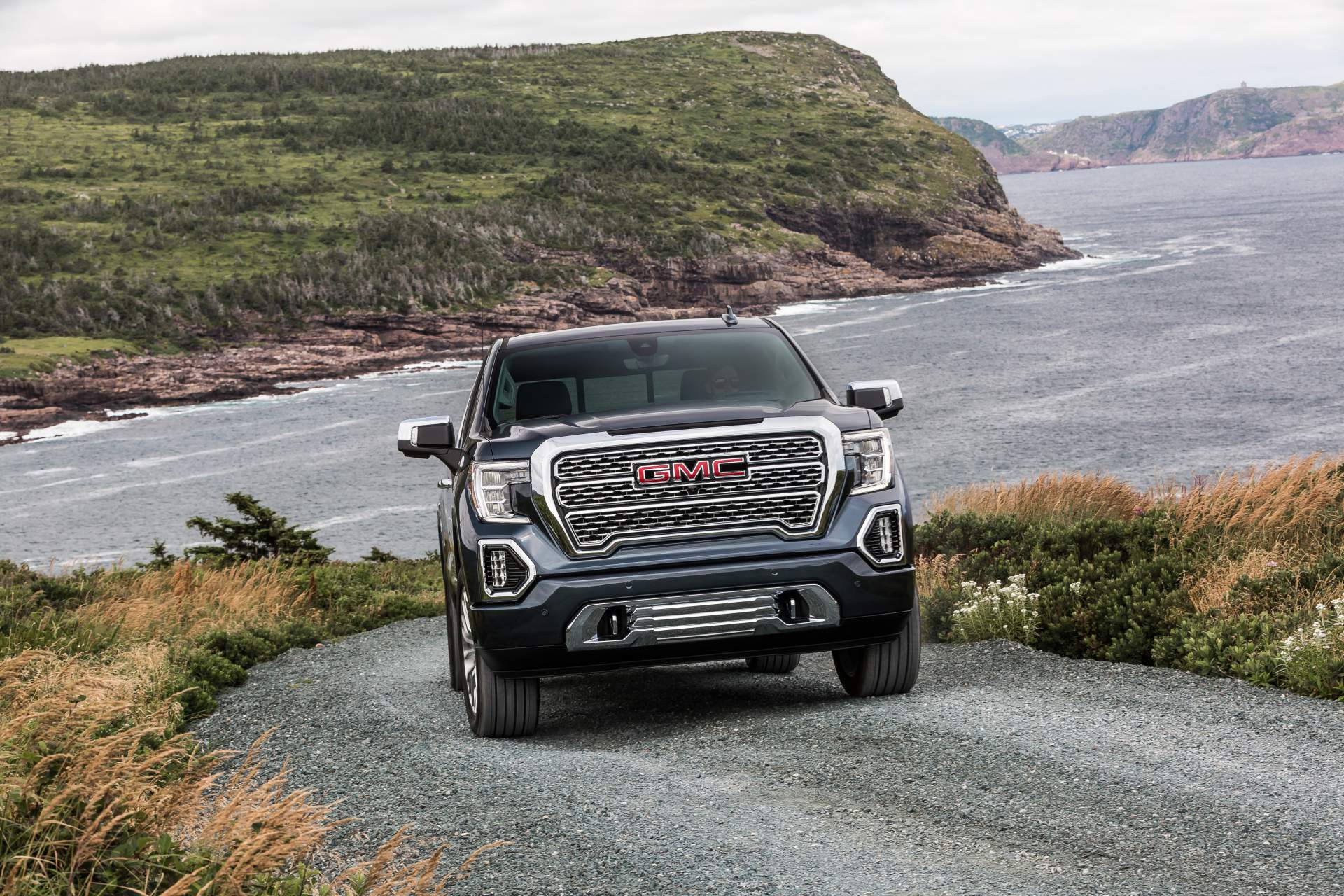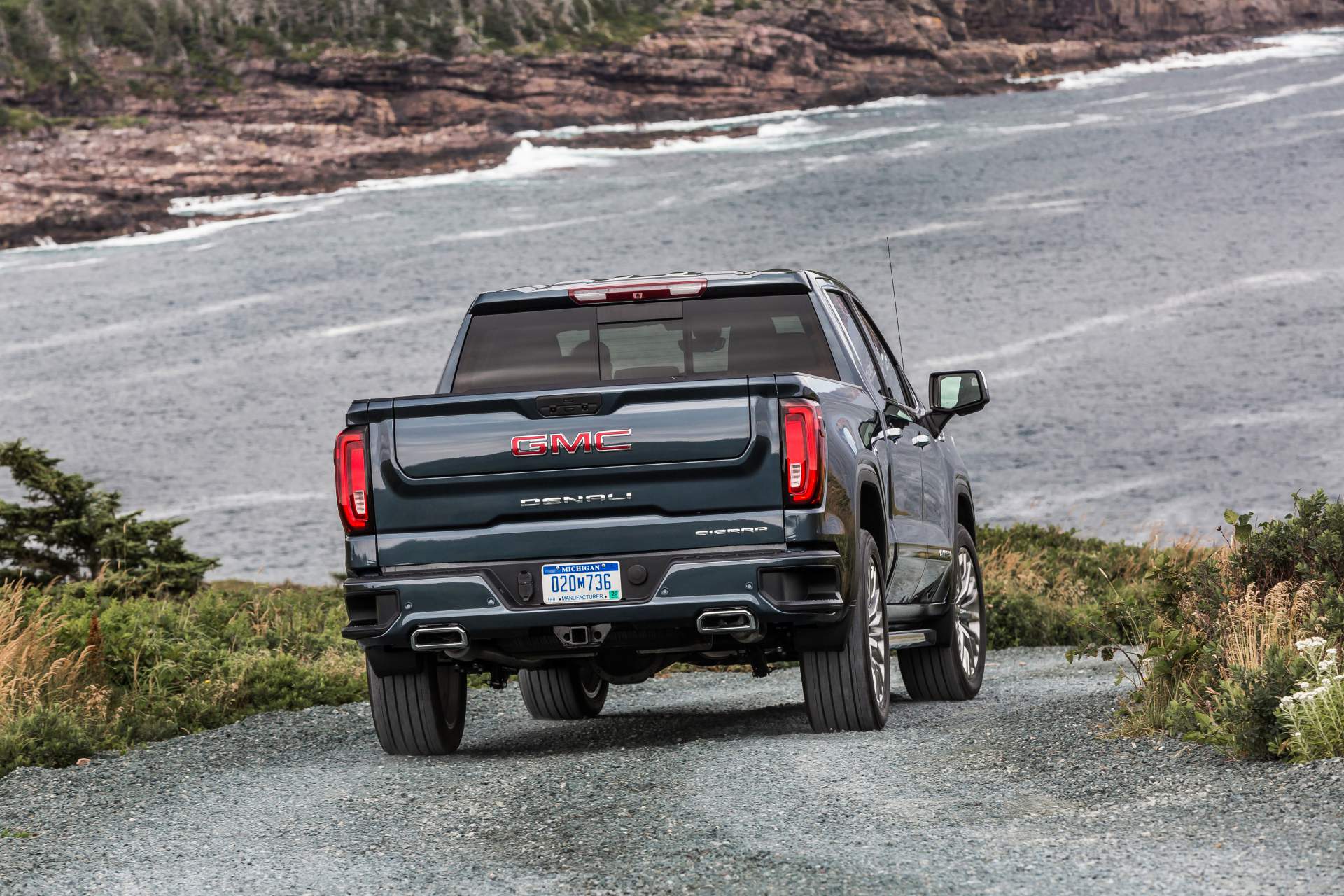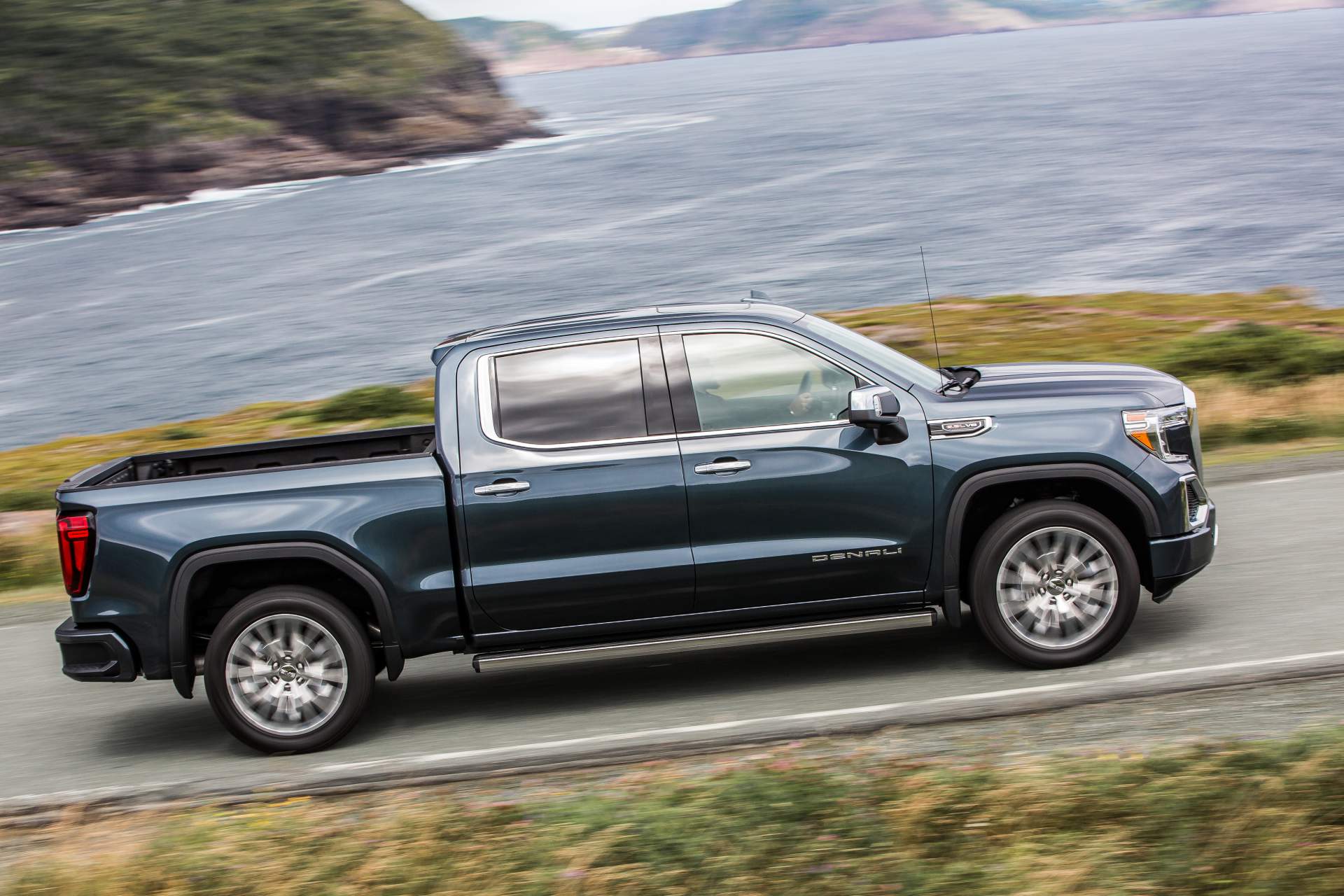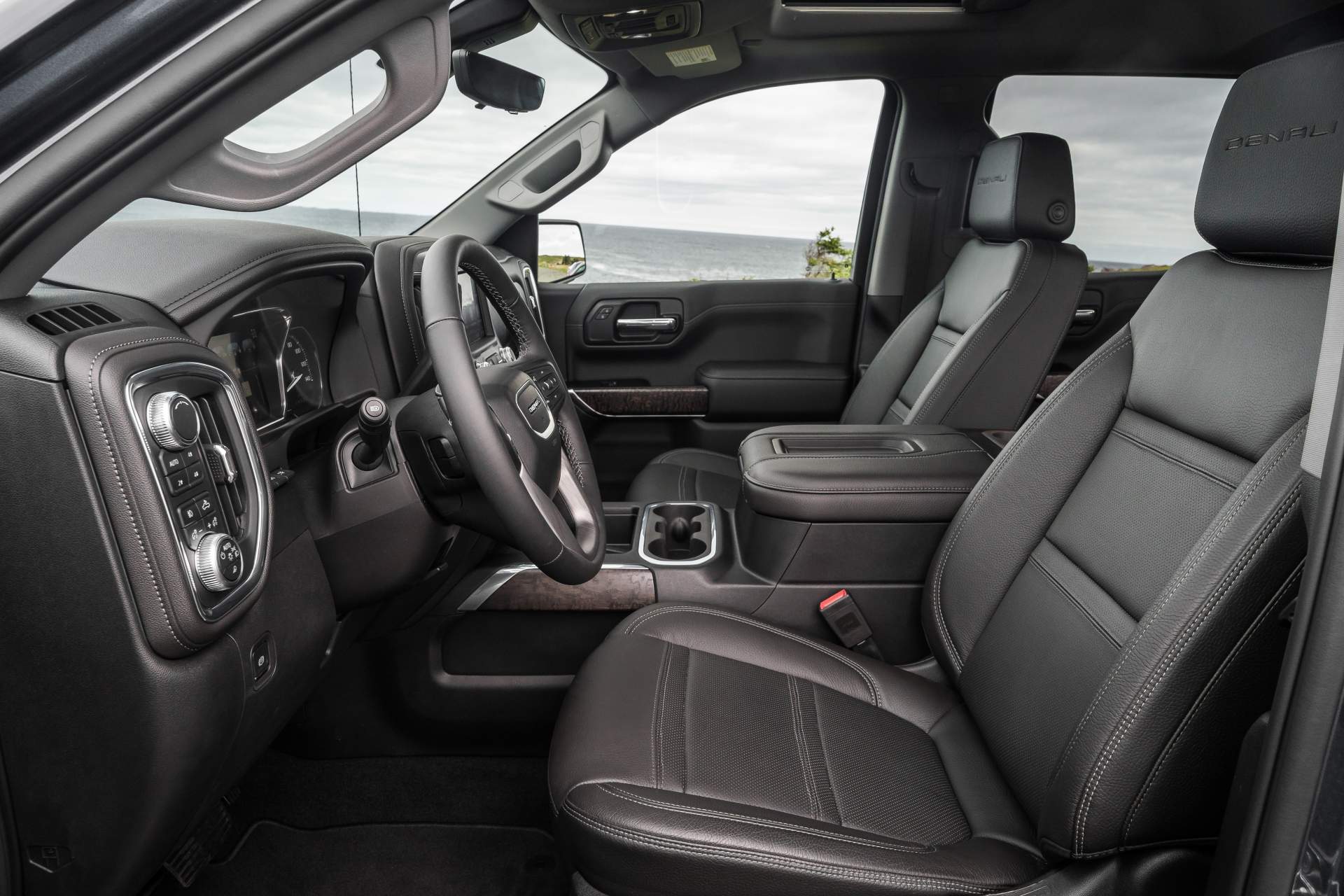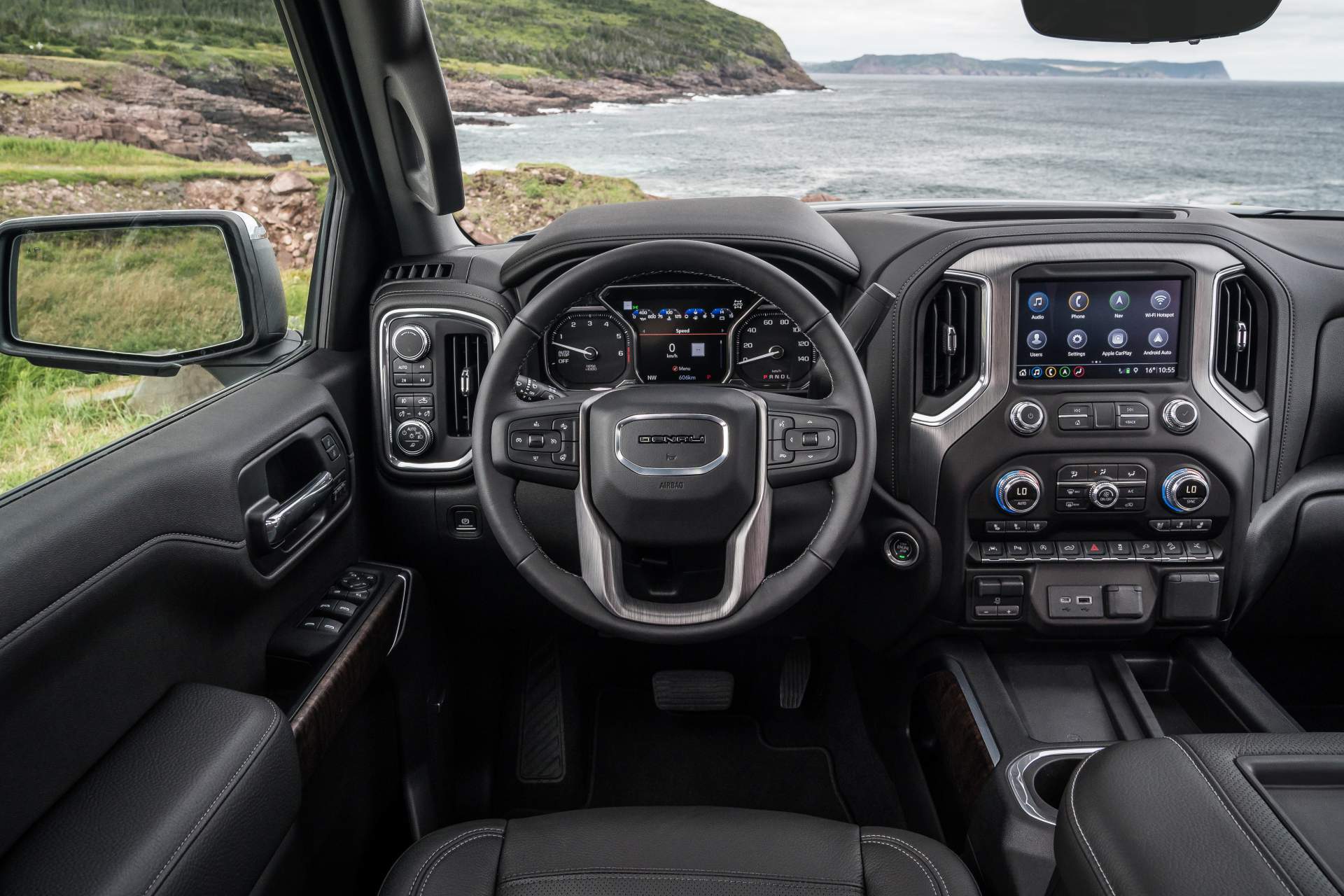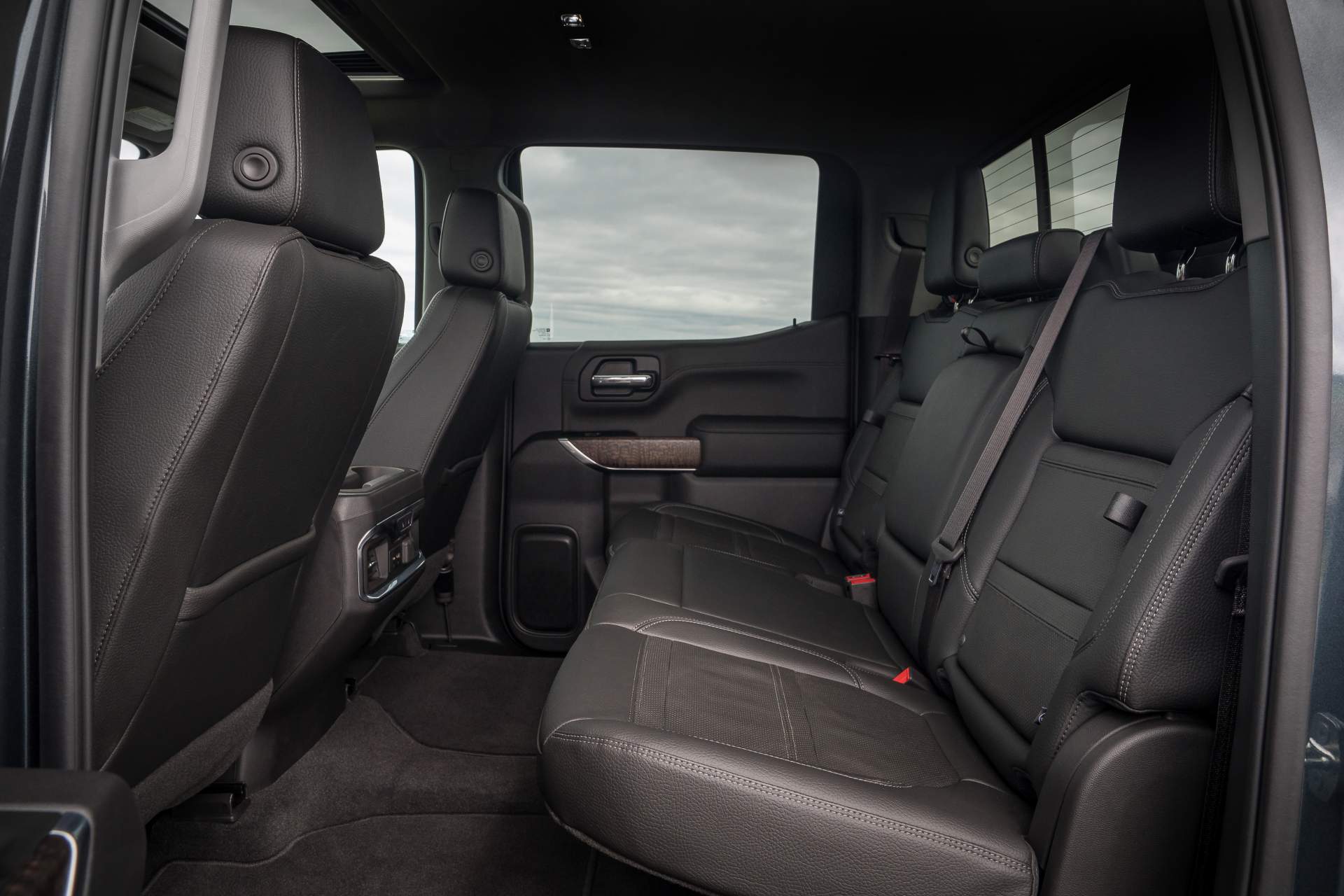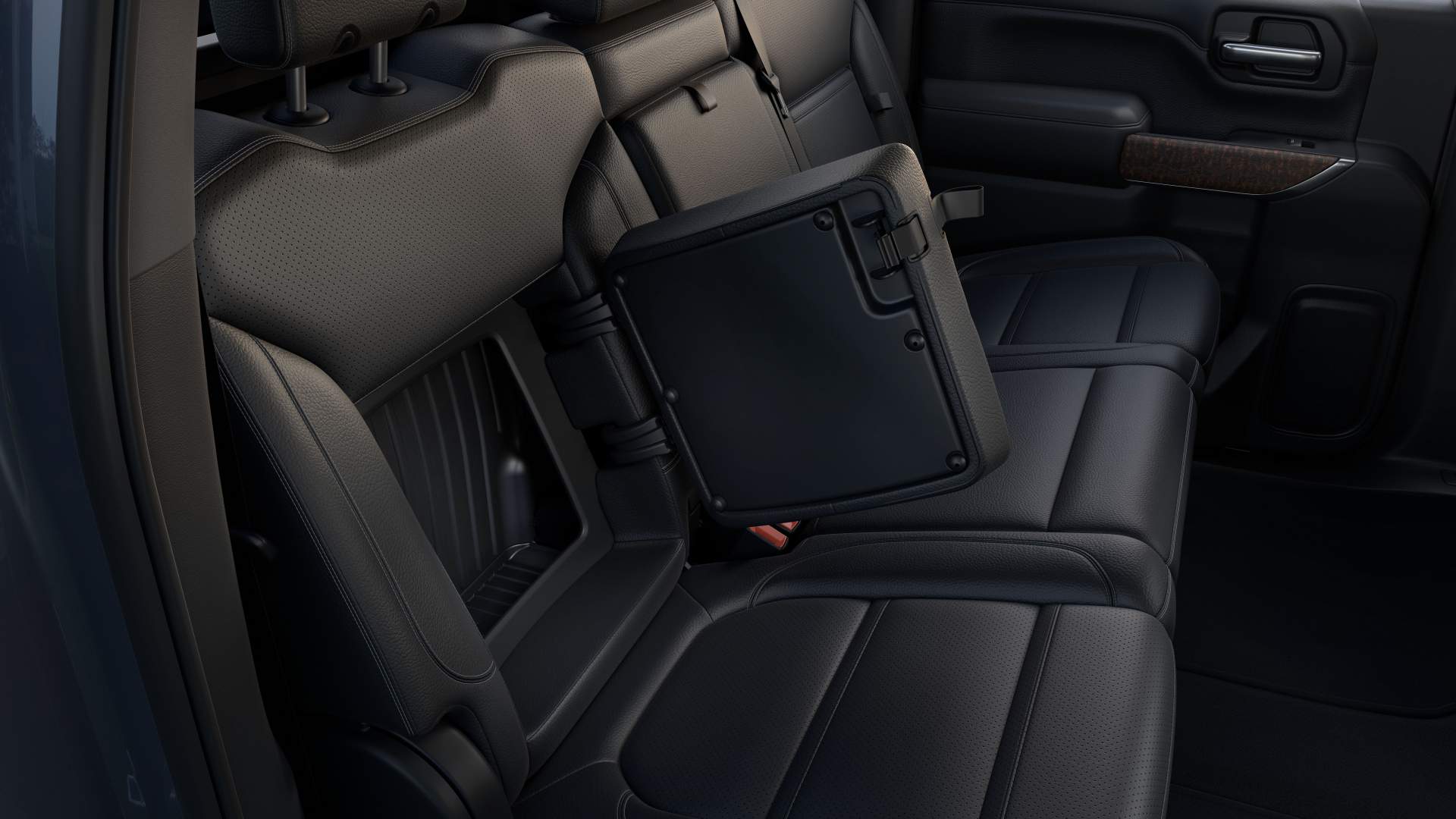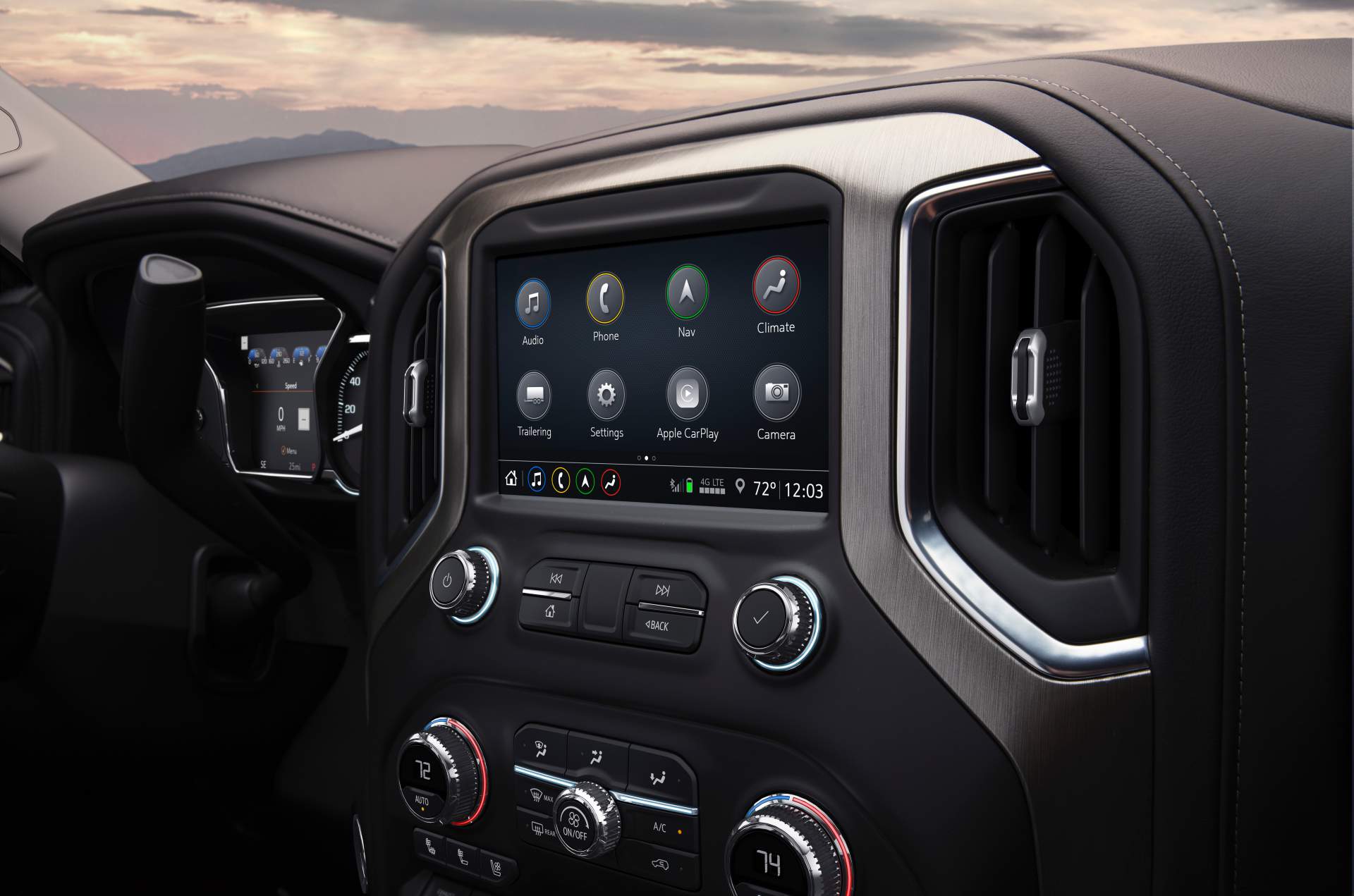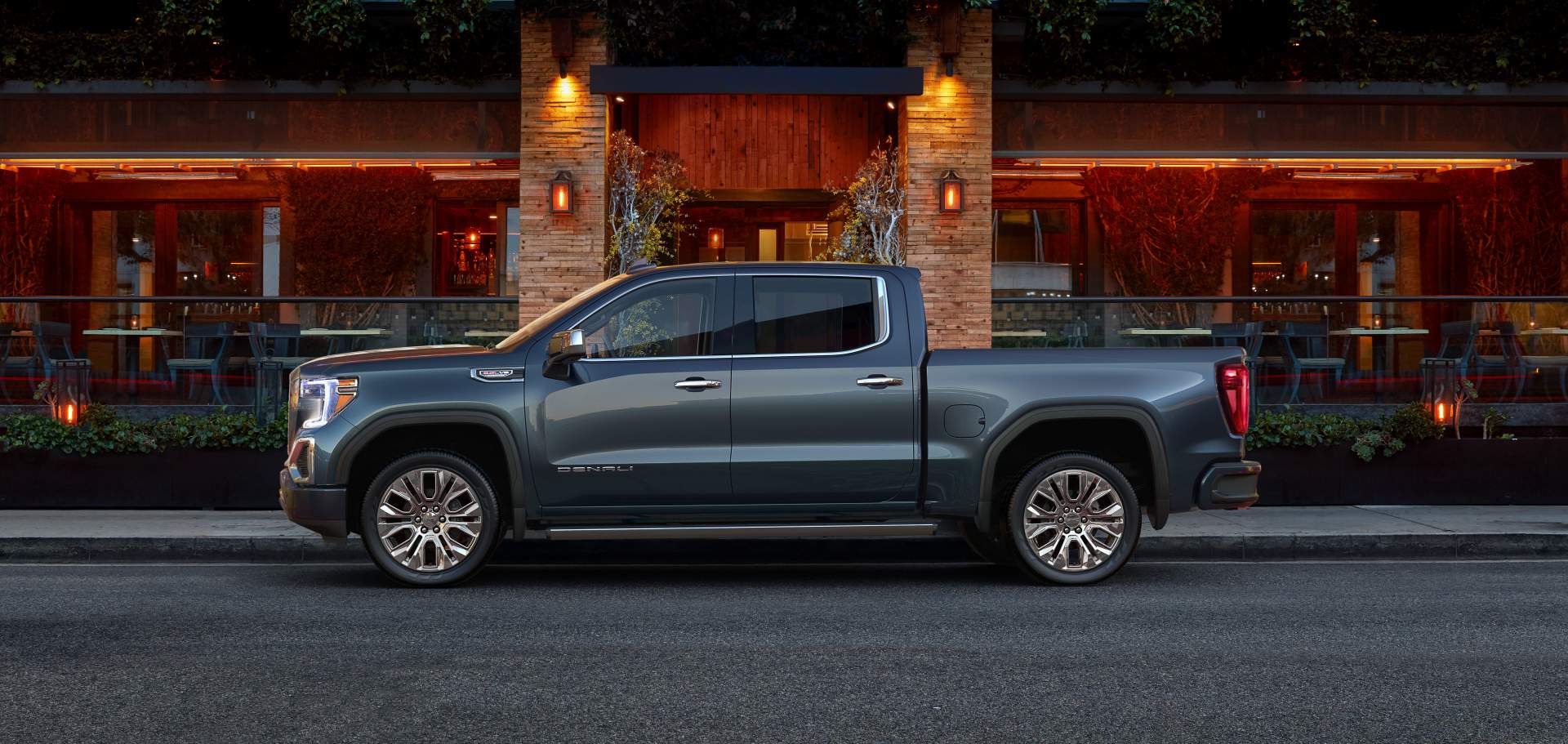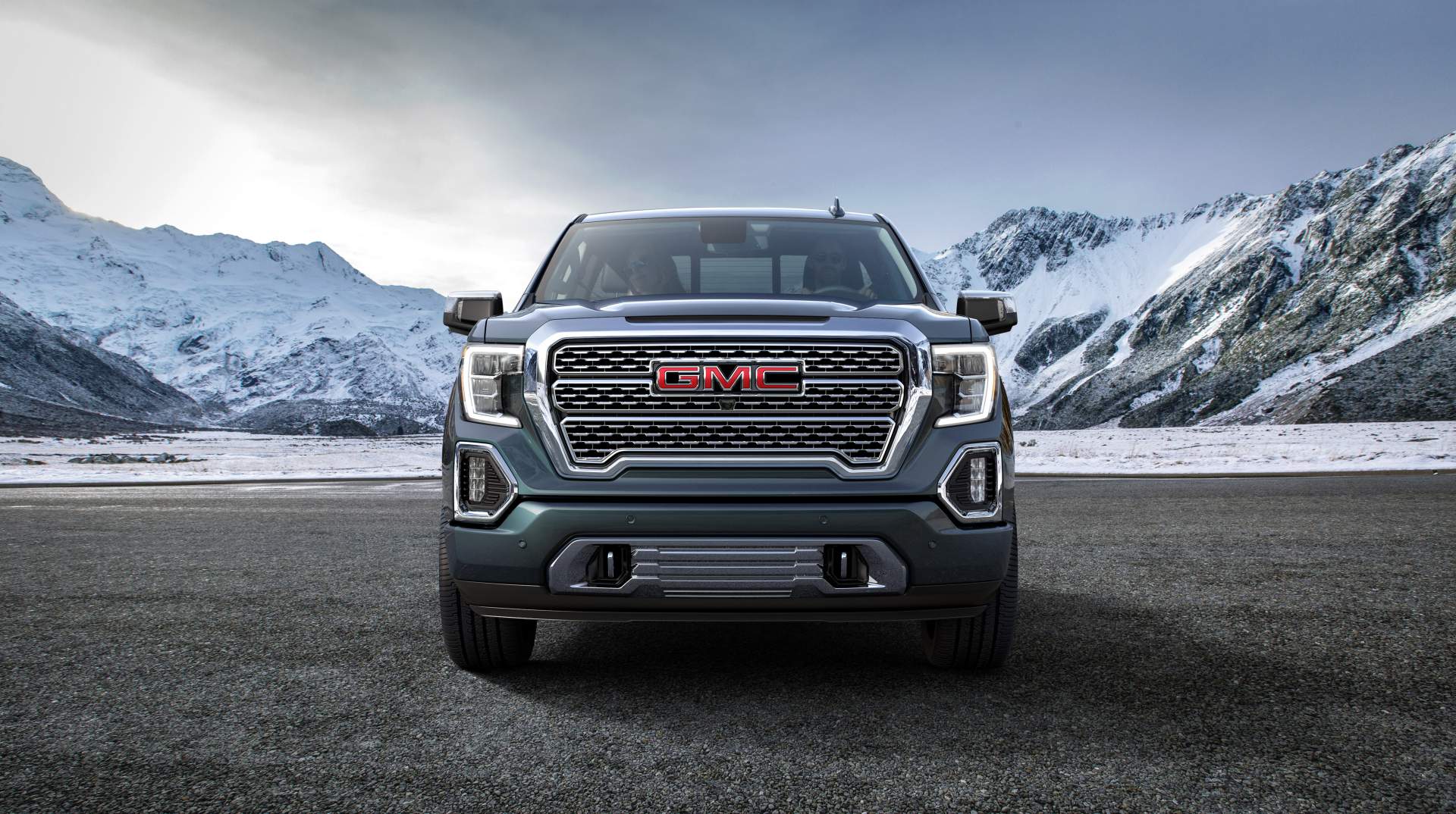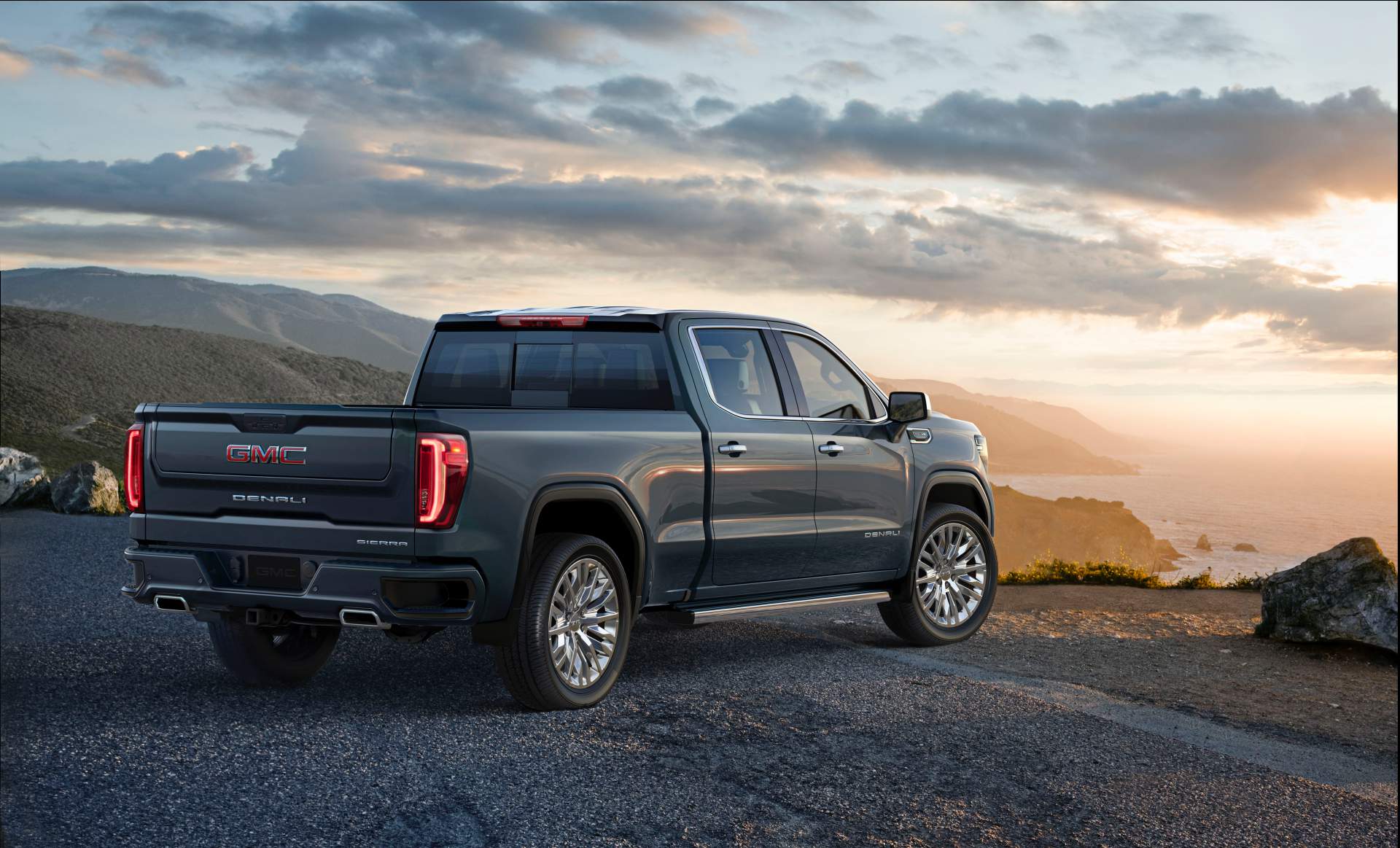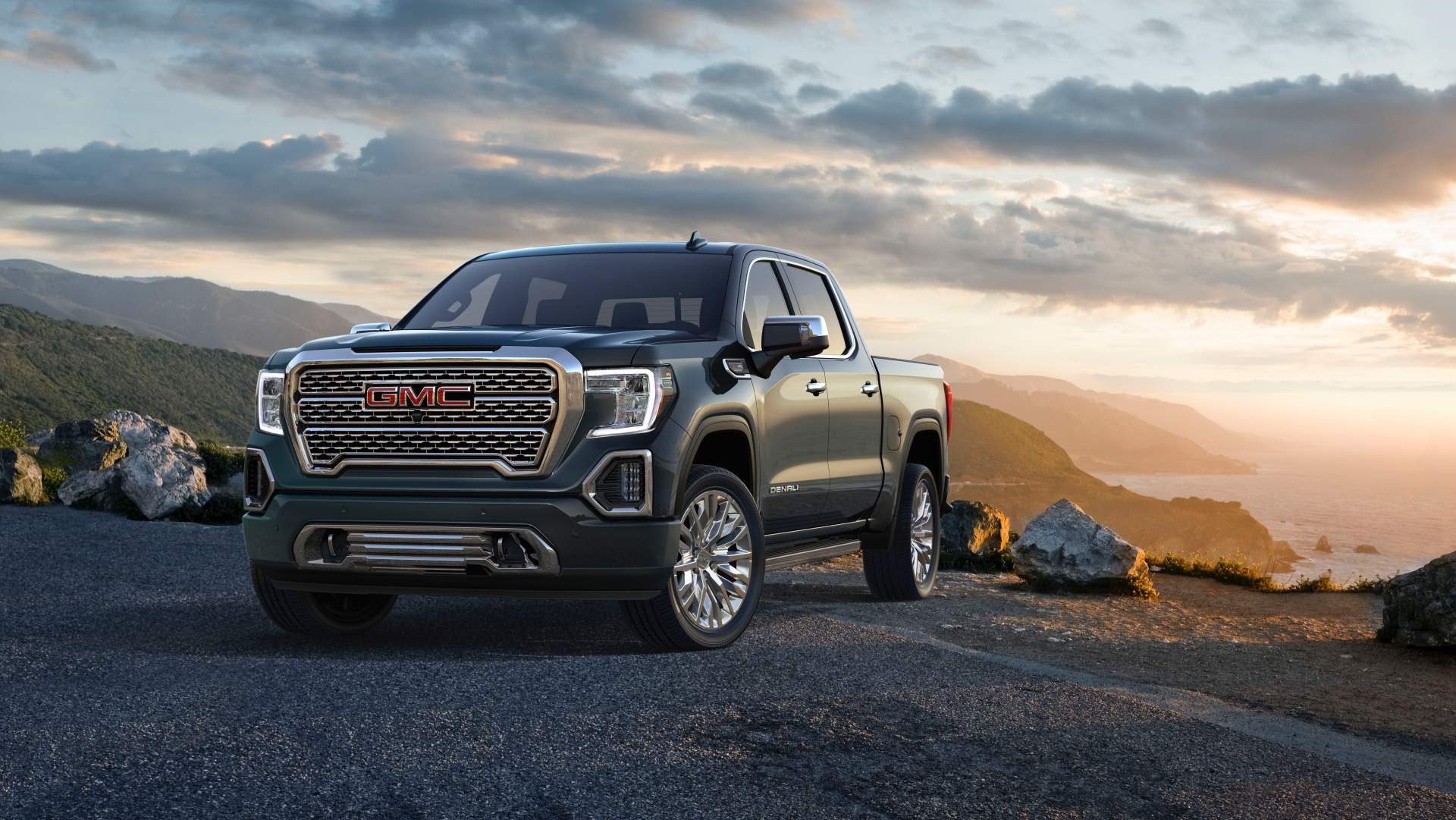We live in a world where range-topping versions of full-size pickups have a starting price that exceeds $50,000 – and that’s before ticking any boxes on the options list.
Some fully-accessorized pickups can retail for more than $75,000, which is absurd when you think that a Lexus LS luxury sedan starts at around the same price. This makes you wonder: doesn’t paying more than fifty grand on a luxed-up pickup truck actually defeat the purpose of a vehicle that was built as a workhorse in the first place?
Some people don’t seem to mind paying that kind of money on pickups in 2019, but $50,000 pickups were very rare 10 years ago. So what happened in the mind of the consumer and in the marketing strategies of automakers in the meantime?
Well, the thing is carmakers have consistently raised prices, offering customers better engines, more upscale interiors, and premium options. They then found out that consumers were willing to play that game, which is why we now have some luxury trucks that cost more than $75,000.
If you thought that only a small fraction of buyers spend that kind of money on a pickup, you’d be wrong. The Wall Street Journal cites data from research firm J.D. Power that reveals pickup buyers paid more than $44,000 on average for a full-size model.
That’s 61 percent higher average price than a decade ago. To put things in perspective, the average price for all vehicles industry-wide rose by a much lower 28 percent during the same period, to about $32,500.
Judging by sales and profit sources, U.S. automakers are actually truckmakers
Rising pickup truck prices in the U.S. have helped Detroit’s Big Three offset losses from unsuccessful ventures abroad and slow-selling passenger car models – ironically, brought about by the automakers themselves as they focused on pickup trucks and SUVs. Amazingly, GM, Ford and FCA build more than 90 percent of all full-size trucks sold in America, aided partly by the 25 percent tariff on foreign-made trucks.
But as they grow more reliant on pickups for their prosperity, they also become more vulnerable. Sure, profits from truck sales may fund their future plans with electric and self-driving cars but what would happen if gas prices suddenly started to rise?
One could say the Big Three are prepared for that scenario as they have introduced more efficient midsize pickups in recent years. But with that comes another problem: more pickup models on the market means prices should eventually go down.
Interestingly, GM President Mark Reuss recently said carmakers need to be careful not to push truck prices too high: “The engineering challenge will be how we achieve more upside in the trucks without adding more cost and hitting that price ceiling.” So, it’s not just us who believe that this thing is getting a little out of control and may backfire badly. Whether automakers will manage (or want) to put a ceiling to their pickup truck pricing, however, is anyone’s guess.
Note: 2019 GMC Sierra Denali pictured



